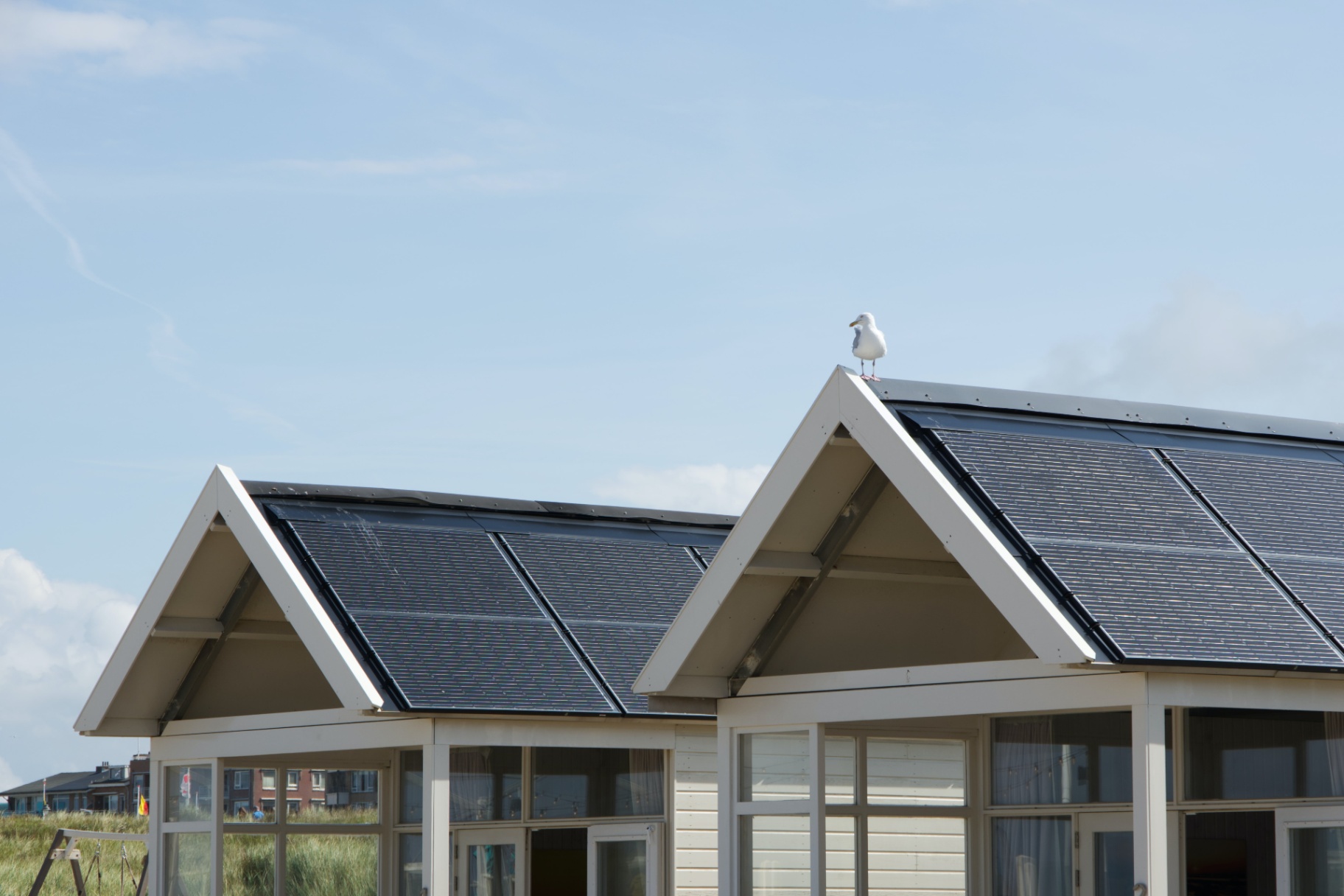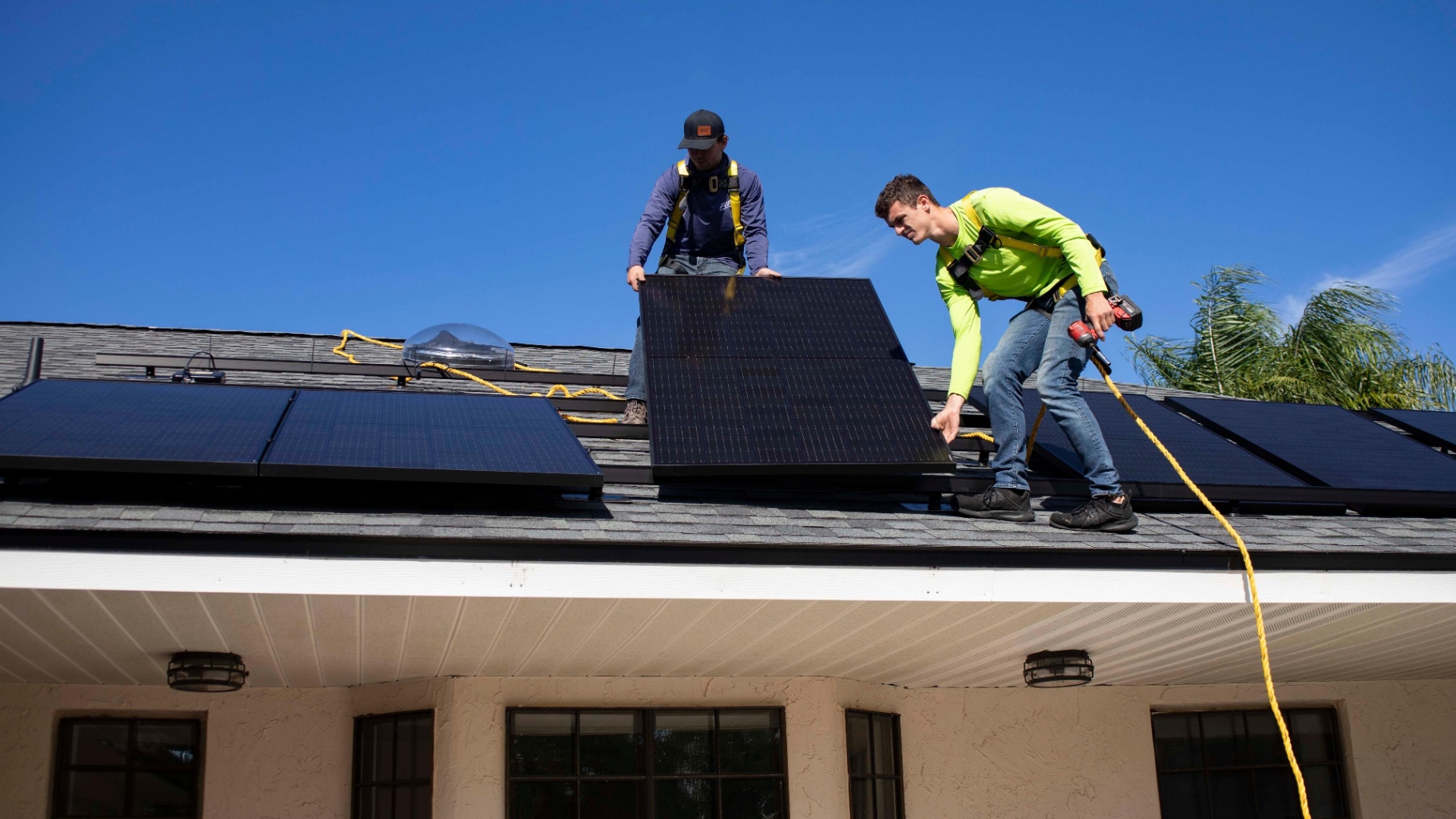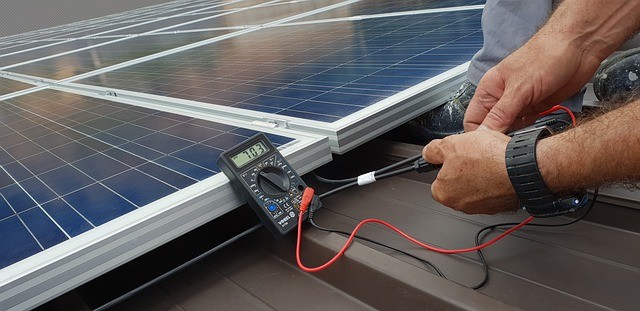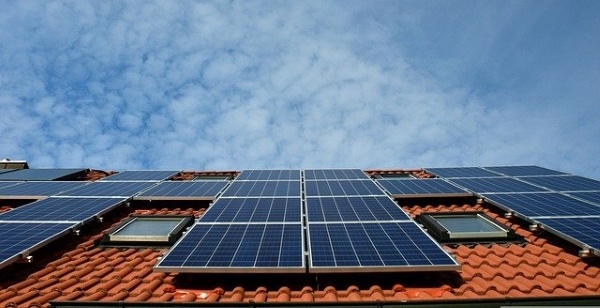7 October 2022
The dodgy solar system installation epidemic and how to avoid it
Tips to avoid facing a dodgy solar system installation
Since the popularity of having solar panels installed at home and businesses has increased exponentially, due to government rebates and more reasonably priced solar systems, so has the surge in faulty panels and dodgy installations. According to Energy Consumers Australia (ECA), the “flood of complaints from Australians unhappy with the sale, installation or operation of rooftop solar and other technologies” are at a record high and so we’re here to give you some key tips to avoid facing the effects of a dodgy solar system installation.
With more than 3 million households across the country having solar panel installations, the Australian Competition and Consumer Commission (ACCC) has reported that it receives more than a thousand complaints a year about faulty solar systems. Many consumers are being misled about what they are actually purchasing and the value that they’ll get from it as well as very real concerns around faulty installations. ECA has recently launched a new initiative to end the “challenging, confusing and even disappointing” experience that so many Australians have had to endure.

#1 Find a good solar retailer
With the solar market being flooded with retailers, how do you choose which company to go with to avoid the cowboys??
Well, the best ways to find a reputable retailer are:
- Ask around – ask friends and family for honest reviews about experiences from their retailers
- Best practice industry scheme – The Clean Energy Council (CEC) sets out stringent standards for solar installers and designers to meet before becoming accredited. In Queensland, your solar installer must be CEC accredited and approved to receive your STC (Small-scale Technology Certificate) rebate.
When you receive your quote, it should include clear information on the following:
- Specific details system components including: brand, capacity, warranty etc. Most solar panels have a 25 year warranty and inverters have a 10 year warranty.
- Cost of the system and the expected performance with an estimate of the financial benefits that it will bring you
- Schedule for starting and completing the installation
- Installation warranty – this covers any issues that might arise with the installation, not the components themselves
- Optional extra – Monitoring system with an app to see how your system is performing

#2 What to ask the retailer when getting quotes
- Are there any concerns with my property affecting the cost of the installation? Factors including: shading, roof shape, orientation, does it require a system upgrade or network limitations?
- How long will the installation take?
- Do I qualify for any rebates? If so, how much will this reduce the cost?
- With the amount I will save on my energy bills, how long will it take me to pay back the cost of the system?
- How long are the warranties on both the components of the system and the installation?
- If there were to be a power outage, would my system still provide electricity?
#3 Getting your solar installed
The actual installation is not necessarily a smooth process as there may, on occasion, be an issue that can limit the installation or performance of the system. If you have followed the prior points though, this should be mitigated.
What to expect from your solar retailer on installation day:
- Safe delivery and installation of your solar system
- Installer’s name and details
- Advise you of any inconveniences such as blocked driveways or needing to switch off your electricity during the installation
- Any issues that arise and the cost to fix them
- Manuals and instructions on how to use your system – make sure you keep any components information safe as you will need it if you need to make a warranty claim
- Clean and tidy up when the installation is complete
- Show you how to find out and understand how your system is performing

#4 Consumer guarantees
If for any unforeseen reason, your system is not working or performing as you were informed it would, you have rights and protection. Australian Consumer Law protects you whether the warranties are valid or not.
Products have to:
- Be installed by a licenced and accredited person
- Be of fair quality, this is: safe, lasting, with no faults
- Look acceptable
- Do the job that you would normally expect it to
- Match descriptions made by the retailer
- Meet promises made about performance, condition and quality
Services have to:
- Be implemented with acceptable care and skill, taking all necessary precautions to avoid loss or damage
- Be performed within a reasonable timeframe if there is no agreed date or time

We hope our guide has given you some helpful tips to ensure you get the best solar system for your needs and help you avoid any potential pitfalls and cowboys!
References:
https://www.energytechguide.com.au/
https://www.abc.net.au/
Suggested articles
No articles found

